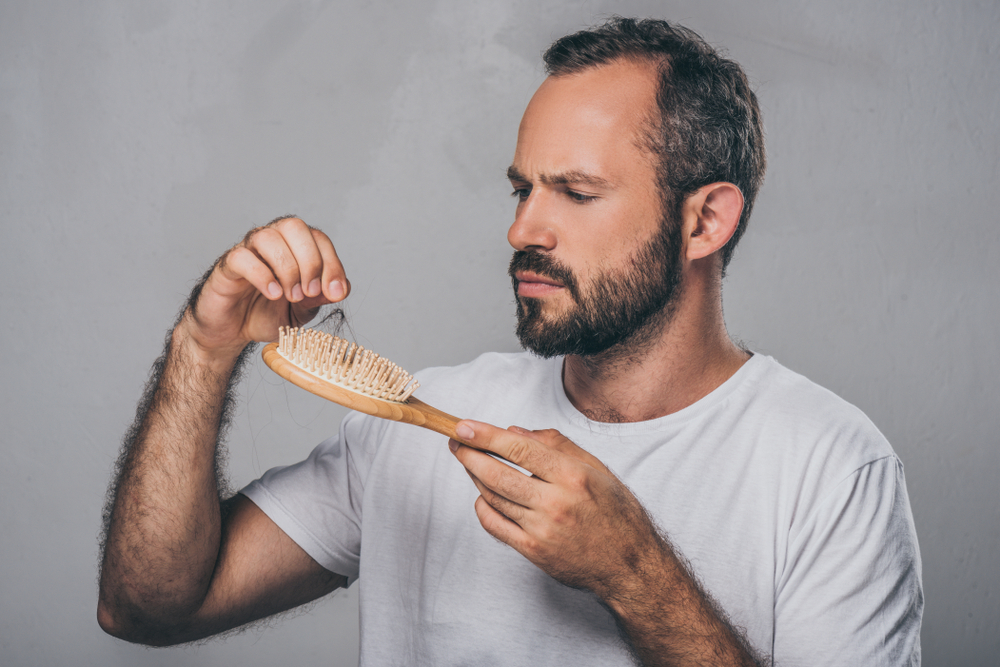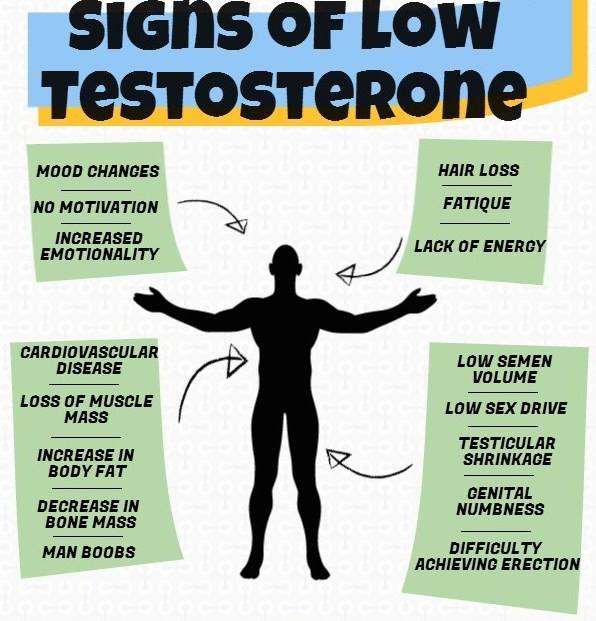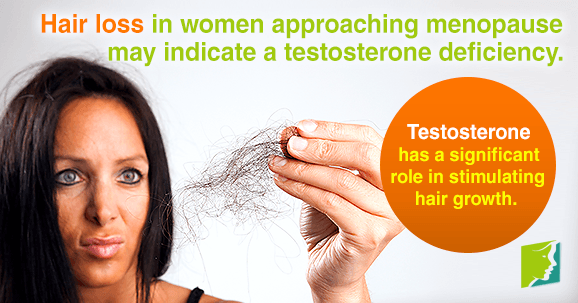DHT: How It Causes Hair Loss and How to Slow It
Table Of Content

In particular, nicotine can result in hair loss due to damaging hair follicles. Some may be genetically sensitive to this hormone where as others may have high levels of it. Using proven medications to block DHT from binding to hair follicles can prevent hair fall.
How Genetics Play A Role
If you’re on T supplements or TRT, talk with a doctor about how your T levels might respond if you’re taken off those medications. Therefore, additional studies are needed to understand how masturbation frequency may affect testosterone levels in the long run for all people. In some cases, high testosterone levels can cause mood changes, including increased irritability or aggression. Taking low dose testosterone may allow for subtle masculinizing effects, like a deeper voice and increased muscle mass, without a fuller transition to a masculine appearance. Let’s review some reasons why females might consider low dose testosterone therapy.
How does stress affect hair?

Alternately, you may simply have genes that give you hair follicles that are highly sensitive to testosterone or DHT. It is important to consult with a healthcare professional before starting any medical intervention for managing excessive testosterone levels and preventing hair loss. They can help determine the most appropriate treatment plan based on individual needs and circumstances. Additionally, it is worth noting that HRT may not be suitable for everyone, and alternative treatments or approaches may be recommended.
stunted growth in adolescents
Can you boost testosterone with saw palmetto? Facts and myths - Medical News Today
Can you boost testosterone with saw palmetto? Facts and myths.
Posted: Thu, 22 Jul 2021 07:00:00 GMT [source]
Still, researchers have not found a link between low testosterone levels and hair loss on the crown of the head. While low testosterone levels may correlate to less DHT being produced, the primary cause of hair loss is a genetic sensitivity to the binding of DHT to the hair follicles. Testosterone replacement therapy may be effective for patients with these conditions and can be administered in several ways, including injections, pellets, creams, and patches. For injectable testosterone replacement therapy, the testosterone is injected directly under the skin or into a muscle for absorption by the body.
DHT’s connection to balding
However, high testosterone and DHT levels can lead to other health issues. If you think that you have high testosterone, consult your healthcare provider or use the Everlywell at-home Testosterone Test kit to determine testosterone levels. If you’re worried about hair thinning or hair loss, it’s worth talking to your healthcare provider and/or your loved ones about that, too. This means the presence of receptors also plays a role in androgen effects on the hair. In people with fewer androgen receptors, a high testosterone or DHT level may not cause hair loss.
The hypothalamus and pituitary gland carefully regulate the amount of testosterone in the body. The hypothalamus releases gonadotropin-releasing hormone (GnRH), which travels to the pituitary gland. This stimulates the gland to release luteinizing hormone into the bloodstream. Even practicing good hair hygiene habits – such as regular scalp cleansing and avoiding harsh styling techniques – can help maintain a healthy scalp environment. Your body converts about 10% of the testosterone you produce into DHT via an enzyme called 5 alpha-reductase, notes the Society for Endocrinology.
The combined effect of testosterone and estrogen assists with the growth, repair, and maintenance of female reproductive tissues. This article will cover everything you need to know about testosterone, hair loss, and what you can do if you’re not happy with your hormone levels (or your hairline). This suggests that while testosterone itself is not directly responsible for hair loss, the presence of DHT and its interaction with hair follicles can indeed contribute to the onset of hair loss.
Testosterone plays multiple important roles in the body, such as:

It is not known how many people get the drug for hair loss on a private prescription but some clinics have reported an increase. It is only licensed by the MHRA for hair loss in 18 to 41-year-olds, and the treatment of enlarged prostates. However, as females age or undergo procedures like oophorectomy (removal of the ovaries), testosterone levels can decline either gradually or abruptly. In particular, the systematic review notes that nicotine narrows blood vessels, which lowers the amount of blood flow to the scalp.
Diet's Impact on Hormones and Hair Loss - Forks Over Knives
Diet's Impact on Hormones and Hair Loss.
Posted: Wed, 04 Mar 2020 08:00:00 GMT [source]
It’s not the amount of testosterone or DHT that causes baldness; it’s the sensitivity of your hair follicles. The AR gene makes the receptor on hair follicles that interact with testosterone and DHT. If your receptors are particularly sensitive, they are more easily triggered by even small amounts of DHT, and hair loss occurs more easily as a result.
If your doctor suspects PCOS, they may perform a pelvic ultrasound examination to identify any abnormalities. With CAH, an enzyme needed to help regulate the secretion of these hormones is lacking, causing too little cortisol and too much testosterone to be produced. PCOS is an endocrine condition that affects 1 in 10 people with ovaries worldwide. PCOS interferes with the menstrual cycle and makes it difficult to get pregnant. No matter which route you choose, it’s important to remember that you’ll need to be patient in order to see results.
However, the testosterone level does not determine how sensitive the hair follicle is to DHT. Some patients genetically have a higher sensitivity to DHT, meaning high levels of DHT can accelerate the hair loss process. Although the relationship between hair loss and sex hormones is complex, androgen hormones like testosterone may play a role in the hair cycle and hair follicle structure. However, the impact of androgens on hair depends on where the hair is located in the body. For instance, androgens tend to have a stimulatory effect on hair found on the face, the armpit, the pubis, and the chest but exert an inhibitory effect on the hair follicles in the region of the scalp.
One of the genes that has been linked to hair loss is the androgen receptor gene (AR). This gene codes for a protein that binds to testosterone and other androgens, helping to regulate their activity in the body. Variations in this gene can affect the sensitivity of hair follicles to androgens and may increase the risk of hair loss. To conclude, excessive testosterone production in the body does not directly cause hair loss. It is the sensitivity to a byproduct of testosterone called DHT that is more closely linked to hair loss. Genetic factors, hormonal imbalances, and other various environmental and physiological factors can contribute to hair loss in both men and women.
Comments
Post a Comment